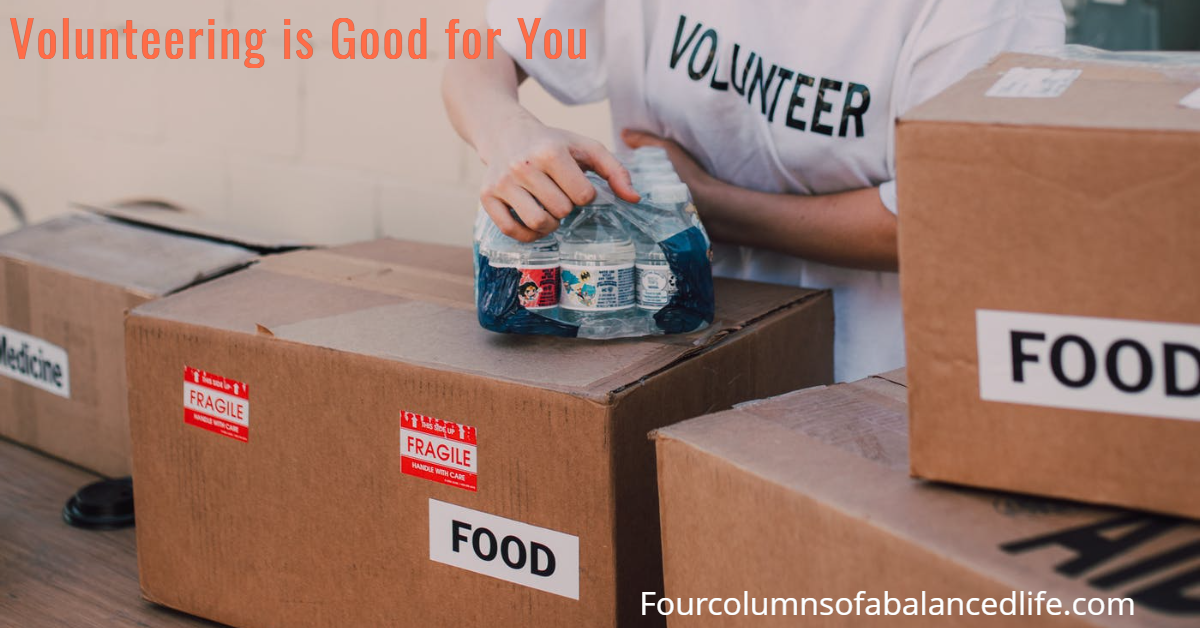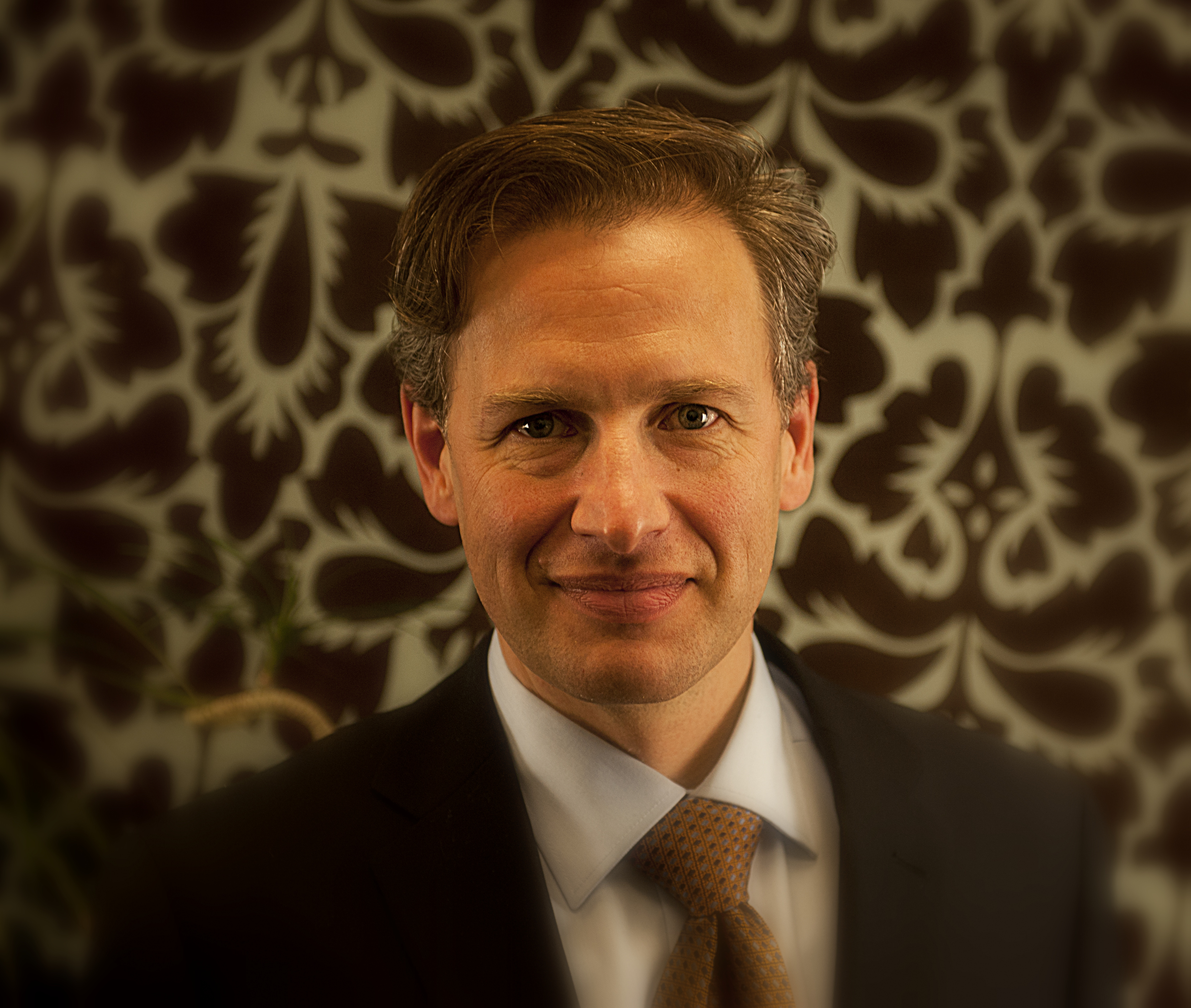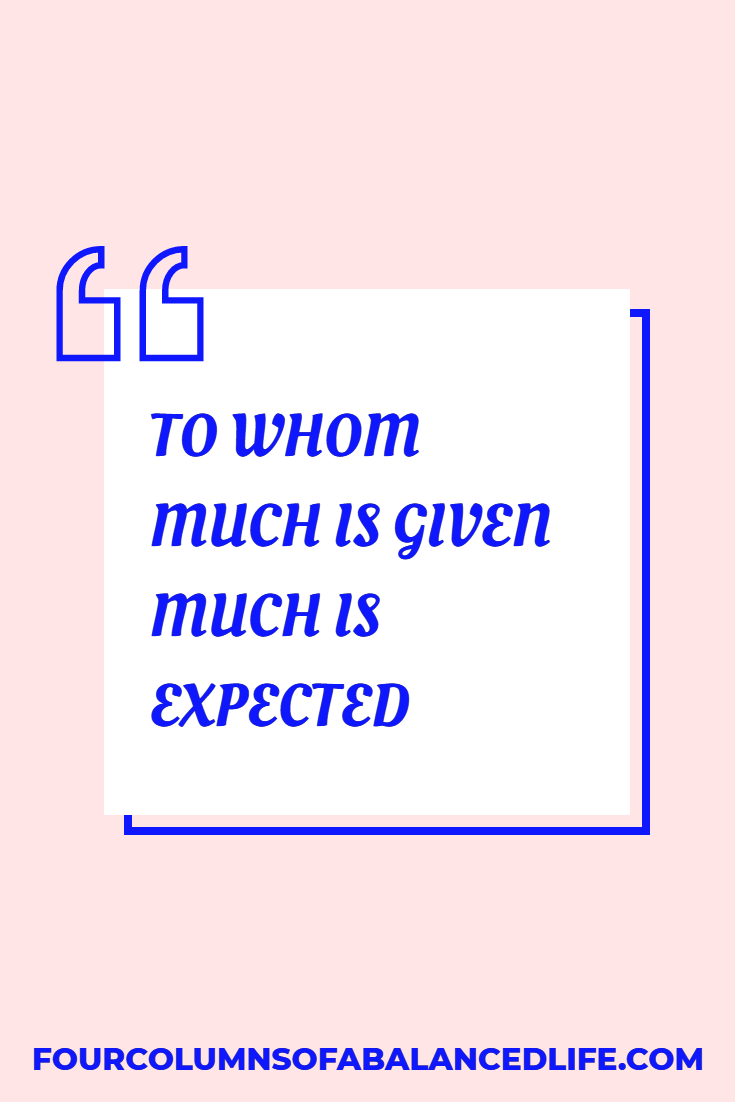Volunteer: To Whom Much Is Given Much is expected

Volunteering is an act of an individual or group freely giving time and labor for community service. It is an act of giving yourself for the greater needs of the community.
I talk to Taras Kulish a lawyer in the charity sector about volunteering.
Taras brings over 20 years of experience to the Business Law Group at Mills & Mills LLP. Before joining the firm in 2020, Taras was for many years the chair of the Charity/Not-for-Profit and Intellectual Property groups at a well-known mid-sized firm in Toronto.
In the Charity sector, Taras has extensive hands-on experience as a director, president, Country Director, and now International Relations Volunteer for the Canadian affiliate of an international NGO, which gives him insider knowledge about the challenges facing not-for-profit organizations in today’s complex world. Taras represents numerous churches, mosques, synagogues, and other faith-based groups as well as many other foundations and service organizations in the not-for-profit sector in Ontario.
Taras is co-chair of the organizing committee and spearheads the annual Churches, Charities, Not-for-profit Knowledge Hub for Ukrainian Canadian Social Services – Toronto, Ukrainian Canadian Bar Association, and the Ukrainian Canadian Professional Business Association

Taras, please tell my audience a little about you and your volunteer work?
Let me start Jerry by thanking you for the opportunity to share with your audience how I practice my faith and make a difference. This year has been a milestone year. My wife, Sandra, and I have just celebrated our 20th anniversary; and since October, I now live in a household with two teenage girls. It’s a good thing we have a boy hamster named Jack Henry! As well, this is my 25th year practicing law and since Day 1, I have been involved in the charity sector helping organizations serve their community.
As a lawyer you do a lot of work for non-profits and charities tell us little about that as a volunteer?
I was lucky to start off as a first-year lawyer with a small Christian law firm in the GTA. I started working on foundations for evangelical Christian charities – the very first one was a children’s foundation. Over the years, as I grew in my career, I kept working with community-based charities and not-for-profit sports organizations. I really started to focus on this area as my involvement as a volunteer grew with HOPE worldwide Canada, first as a director in 2000, then as the President, and later Country Director. This experience gave me a great deal of hands-on, real-world experience to understand the challenges faced by a charity. Because of my legal training, I gravitated to all the legal work in the organization especially the international agreements required when an organization runs programs overseas or assists in disaster recovery. Now, I run an annual conference that attracts over 100 attendees and growing called Knowledge Hub for churches, charities, and not for profits. My father always used to say, “The community is the most important thing.” I have been privileged to work with many organizations that do good work in their communities.
What drives you to help people in Ukraine as a volunteer?
Through HOPE worldwide Canada, I started out as a volunteer in international disaster recovery in Haiti after the earthquake in 2010; in the Philippines after Hurricane Haiyan; and in Ivory Coast after the Civil War. When the war in Eastern Ukraine first exploded on the international scene in 2014, I started to think about how we could help. My mentor at HOPE worldwide, Dr. Mark Ottenweller, would tell me frequently that after a disaster, whether man-made or natural, it is always the children who are left behind, not cared for, and who need the most help. Mark impressed upon me that the niche of HOPE worldwide was in helping children with their psycho-social needs post-disaster. So, when the conflict in Ukraine had not stopped by March 2015, I woke up one day with the following thought in my mind: “It is time”. Time to put to good use my skills as a lawyer, my experience as the International Relations Officer, and my Ukrainian heritage and volunteer. So, I got in touch with my colleague at HOPE worldwide Ukraine, Vladimir Yermakov, and we brainstormed for a month, got input from some excellent people in our organization in Canada, the Philippines, and the USA, and created a Trauma Therapy program to help children in Ukraine who were suffering from war trauma. What drives me to help is knowing that when we help children, we help their future and ours. In June 2017, I visited Ukraine for HOPE worldwide Canada and went to a children’s recovery/therapy camp outside of Kyiv, the capital. We drove from Kyiv to Lviv to meet with the director of the Trauma Centre at the Ukrainian Catholic University since they trained our lead therapists and oversee the therapy program content. On our drive, we stopped at Dubno for a few hours and got to see the town where my father grew up and lived before, he was taken by the Nazis by train to Germany with all the able-bodied people from the town to work as slave labor during the War. That’s another reason why I am compelled to help the children of Ukraine as a volunteer – the people of my father’s generation did not have the chance to receive the kind of help we are able to provide.
Walk me down your own journey to faith and how has that changed you?
Well, I come from a mixed-faith background. My father is a Ukrainian Orthodox Christian and my mother is Jewish. She converted to my father’s religion when they were married so when I was young, I attended the Ukrainian church. The problem is that my parents got divorced when I was 5 years old, so I never really learned Ukrainian. Going to a Ukrainian language church was not cutting it for me. Also, because I came from a multi-generational divorce-affected family, I somehow knew that I needed God in my life if I was to have any chance of staying married. My mother also had a strong influence on me as her Christian faith grew over her life and she impressed on me the importance of being “equally yoked”, meaning it is important to be married to a Christian spouse. So, in my early thirties, at a time when I was looking to deepen and strengthen my relationship with God, I met Stuart Carmichael. He arranged for me to have a series of bible studies that led me to come to certain convictions about God that changed my life around 180 degrees. Shortly after I placed membership with the Montreal Church of Christ, I was introduced to Sandra, and the rest is history!
Has becoming a husband and father changed you as a person?
Sure! First, getting married was a dream come true – like heaven on earth! But of course, not without challenges over the years that we overcome through our faith and support from friends at church. I am lucky to have Sandra as my best friend and partner – she is such an accomplished person and she really keeps me and my girls on our toes! Becoming a father has also been a remarkable experience and journey. I guess these two events have changed me most as a person because you always have to think about other people, not just yourself, in particular, my wife and her thoughts and needs. I still don’t have the winning formula for this! So, I’m fortunate that my girls and my wife are forgiving and put up with me!
Give me some tips on how you handle your household finances?
I listen to my wife! Sandra is a very good manager of our resources and we live within our means. Sandra always looks for ways to optimize what we have. In the first few years of our marriage, we aggressively paid down debt (all mine from University and a private loan). Then we got rid of our mortgage in record time. This helped us get through some leaner years later on. My mother was also very frugal, having grown up in post-war England during food rationing. As a single mother in Canada, she used these skills and her entrepreneurial business acumen to keep our family clothed and fed. Growing up with this approach, it became easier to transition to marriage and family life and live within our means. Don’t get me wrong, it can still be a challenge to not give in to consumerism – my weakness would not be electronics or sports toys, but a nice new shirt and tie or some shoes!
As a lawyer how do you balance faith finance family, volunteer work and good food?
Hmmm – I’m not sure whether being a lawyer makes it easier or harder to balance these different baskets! The charity work I do as a volunteer and as a legal professional probably helps me to be grounded and connected. It’s easier to connect emotionally with people about this side of my life and practice as opposed to another of my areas of specialty like trademark law. As a family, we try to find balance by living within our means so that financial pressures do not overwhelm faith, food, and family. My Granny always used to say, “Debt collectors can wait; but you must never scrimp on food to eat.” I also try to be connected with several guys in the church and have to work that into my obligations as a lawyer. Sometimes I invite friends from church to networking events to have a “wingman”. I am also mentoring a fellow from a church who wants to enter the legal profession. In addition, by working together on some volunteer projects for HOPE worldwide in Canada, I also get connected with people from church and others in the community. Volunteering is an area where the boundary between being a lawyer and Joe Christian is harder to discern. However, when I am doing something like flipping burgers at a community BBQ or giving backpacks to the kids at a Youth Academy program, Mr. Lawyer is not even in the room – and I like that!
I really believe in the adage that “To whom much is given, much is expected”. So that is one reason why I have given countless volunteer hours over the years to local programs and international disaster recovery. As a lawyer, I am the black sheep of my family! My mother and sister are artists and my father was a musician. So, I have some artistic tendencies and that gets expressed mostly when I cook. I am also learning to play guitar and just started a year ago – it’s a good way to relax! The hours I work are longer, so it takes faith to be able to cut off the day and not worry about the work still left to be done -it will be there in the morning, but my family needs me in the evening.
Tell me a little about Ukrainian food and some of the dishes I should try?
Ukrainian food is simple, hearty, East European food, meant to fill you up so you can go out and do a hard day’s work. There are lots of stews, cabbage, and potatoes. Everyone knows about perogies and sausage. Try Chicken Kyiv one day! Or come over to my house and I’ll make you a traditional cabbage stew with sausages! If you want, we can break out my traditional Ukrainian cookbook and cook an entire Ukrainian-themed dinner, including beet soup (borshch) and beet salad. When I was in Ukraine, I tried “salo”, which is 100% cured pig fat, an inch thick – eat it like that with a pickle, onion, and a whole clove of raw garlic! It’s not for everyone, but I liked it and my friend Vladimir said, “now you are really Ukrainian!”
You have so much on your plate, why decide to go into politics?
Politics is something I was drawn to, probably for the same reason, I became a lawyer. I ran for Toronto City Council in 2014 and 2018. Sure, I have a lot on my plate, but I felt I could contribute to the community and bring good community programs, the same type that we learned to create in HOPE worldwide Canada, as the Youth Academy. At the same time, I saw a lot of waste and duplication in government and believed I could make a difference – after all, I was raised by a single mother who had survived the War!
Tell me a good lawyer joke.
People who know me – well they know that I can take a short joke and turn it into a 45-minute story! So, if you want to hear my best lawyer joke, you’ll have to come to my house to make that cabbage stew!
What’s the difference between God and a lawyer? God doesn’t think He’s a lawyer.


love this, its very real and shades light on faith, life and family.